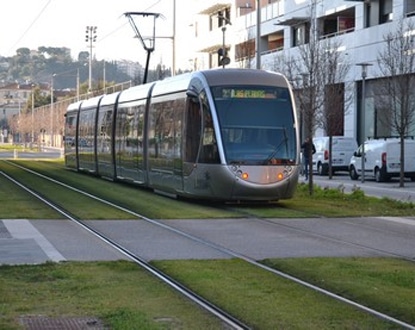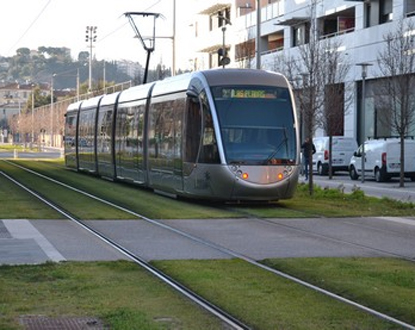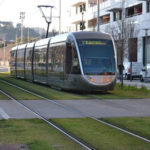The deliberation by the Metropolitan Council to increase the price of a single ticket from 1 to 1.50 euros is not in itself a scandalous decision. Especially since the fixed price for a booklet, which remains at 10 euros, does not change and ensures that the cost of transport remains unchanged for users who wish it. There’s nothing particularly serious; one doesn’t become poorer or richer over an additional 50 cents for a transport ticket.
 On the other hand, as public transport is about to be managed directly, it is quite normal to consider the balance in management, especially since the structural deficit is covered by general taxation.
On the other hand, as public transport is about to be managed directly, it is quite normal to consider the balance in management, especially since the structural deficit is covered by general taxation.
Moreover, the 1.50 euro ticket remains, in comparison, cheaper relative to the prices charged in major French and European cities.
There’s the symbolic aspect since the public transport ticket is part of those reference prices such as the price of a baguette or postage stamps.
But, what was the reason Christian Estrosi, first when he was head of the department and later as the mayor of Nice, reduced the different rate scales to 1.30 and then 1 euro, if not to benefit from the symbolic effect of an announcement that made a big splash at the time?
How many times in his speeches and interviews did he claim this famous 1-euro ticket as part of his city and then Metropolitan management policy, like a carnation in his buttonhole? With the state of metropolitan finances, like those of many other communities, turning from green to gray and the future being rather uncertain, the method had to change necessarily. We move then from poetry to prose!
Christian Estrosi has ultimately made the best of a bad situation, shifting from “noblesse oblige” to “necessity compels”…



